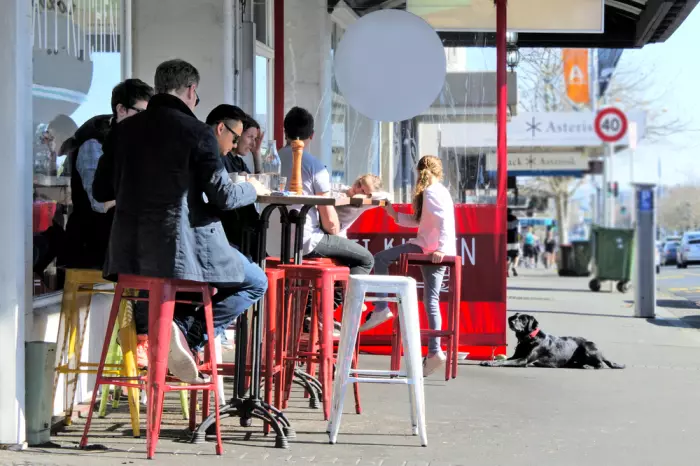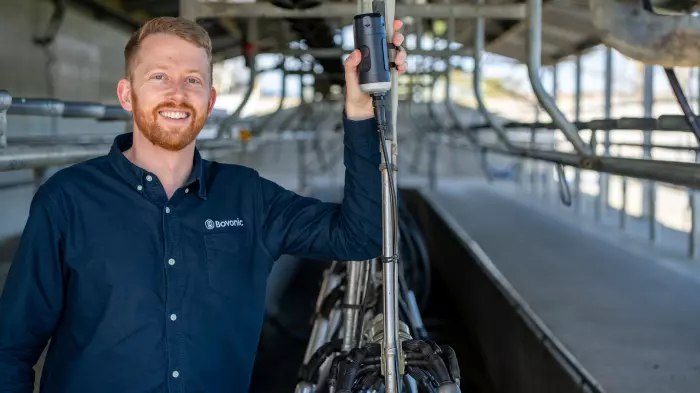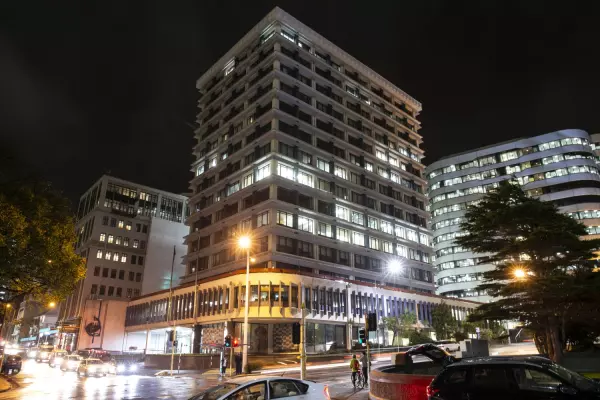Employment confidence ticked slightly higher in the December quarter but people aren't yet expecting to be paid more.
The December quarter Westpac McDermott Miller Employment Confidence Index rose 1.2 points to 106.9.
The biggest improvement in the survey was in perceptions about current job opportunities, with a small lift in expectations for the year ahead as well.
When asked if jobs are plentiful or hard to get in NZ, a net 9.7 said they are plentiful versus a net 1.3 in the September quarter.
Regarding job opportunities in a year’s time, slightly fewer said they would be harder to get.
“In contrast, the survey responses on both past and expected earnings growth have remained historically low, and actually fell in the December quarter,” said acting chief economist Michael Gordon.
Past earnings growth was down 3.8 points to 8.5 while expected earnings growth eased 2.1 points to 18.7. In both cases, the net response are those saying “more” minus those saying “less”.
"In a drum-tight jobs market like this, we’d expect upward pressure on pay rates to follow. And while there’s certainly some anecdotal evidence of this, the broader data shows that wage growth has been quite contained, at least up to now," he said.
So why don’t workers feel they have the power to secure pay increases in this environment?
Covid impact on bargaining power?
According to Gordon, one possibility is that covid may have affected workers’ bargaining power. Tax data shows that the rate of job switching has slowed since covid restrictions were reintroduced in August.
“For many people, changing jobs is their best avenue for getting a pay rise, so it may be that covid restrictions have hampered people’s job search efforts, or have reminded them of the value of job security in an uncertain environment.”
Gordon also said rising inflation means that even those who have managed to secure a bigger pay rise in recent times “may feel like they are running to stand still.”
He also noted it may just be timing as wage growth tends to be the laggard in any economic cycle.
“Upcoming data releases may prove to be more enlightening, but there is a limit to how long ‘wait and see’ can be an acceptable answer,” he said.
The overall improvement in employment confidence was patchy across groups. By region, the biggest gains in December were in the Bay of Plenty, Taranaki and the top of the South Island, all of which were among the least confident in September.
These regions bucked the national trend with a pickup in earnings growth, Gordon said.
Confidence was up across the board for those in the lower-income brackets, but down for those on higher incomes. In a similar vein, confidence was up or steady for younger respondents, but down for those over 50.
The quarterly survey took place from Dec 1-12, 2021. The sample size was 1,558.















